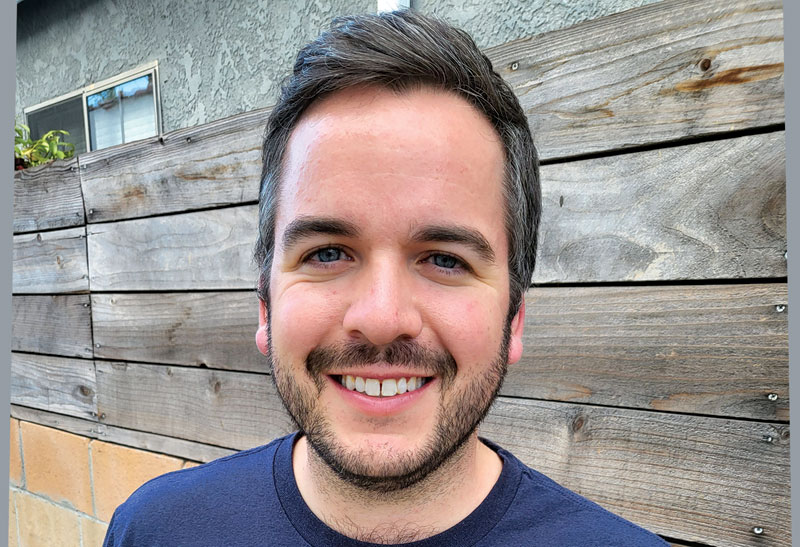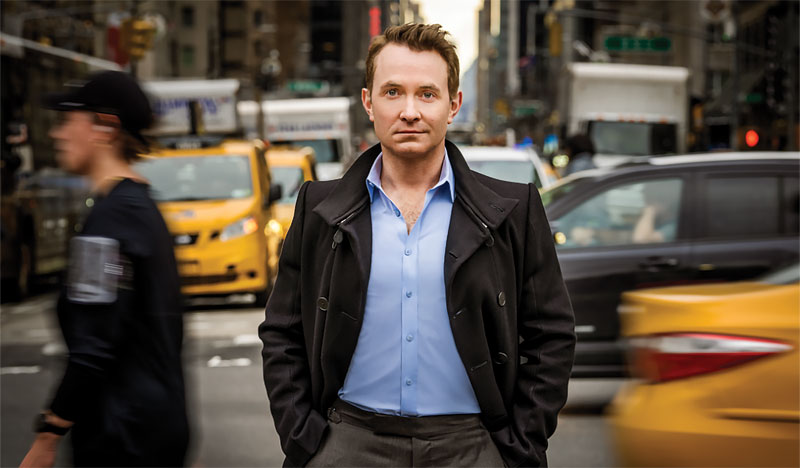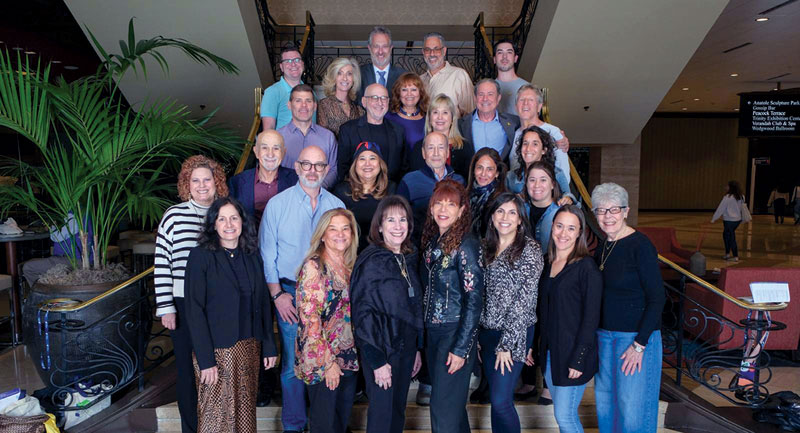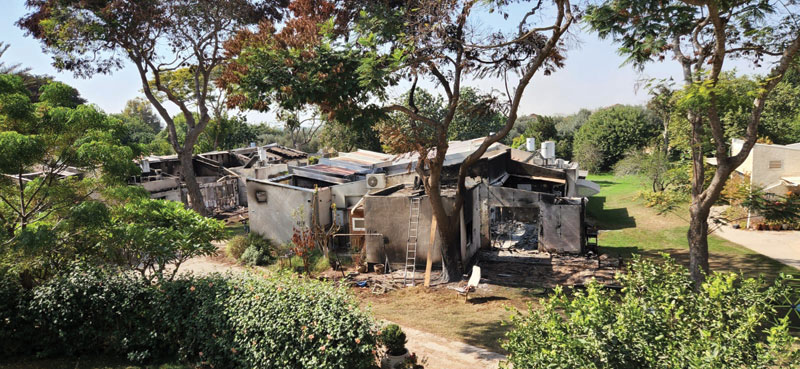Outside of Baltimore, smooth country roads swept like rivers between banks of undulating forest. As my wife and I coasted past rolling hills of green, we had the impression of driving over waves. Red barns and silver silos stood watch atop billowing crests while small ponds and brooks swashed cheerily in the troughs below.
Here and there, we found meadows picketed by wooden fences. Some glazed recently with white paint, other fences the color of smoke, the paint long peeled, the wood weathered and decayed. Beyond the fences, cattle grazed on tall grass. One breed had short wooly hair growing in patches of charcoal and ivory. Another breed had a coat that was cherry-brown and leathery like a chestnut horse. We passed a long slope of trees that stretched like a cat into the distance, an endless forest of red maple, scarlet oak, hickory, white pine. This being late September, scattered flecks of gold and red had begun to emerge like stars amid the velvet canopy of green. It was the first touch of the sunset we call autumn.
Yet, as we drove, a polite but perky robotic voice interrupted this visual feast with careful instructions. The voice belonged to my cellular phone. “Take next right in half a mile. … Bear left at fork in the road. … Continue straight toward destination.” As our eyes were lost in the scenery below, the phone’s navigational program guided us via satellites found high above. Although the convergence of Mother Nature and high technology was rather jarring, had we ignored the guiding voice we would have been doubly lost in those trees, and we would have never arrived at our destination.
The one flaw of the navigation program was that each time I took a wrong turn or came upon a road that was not on one of its maps, the voice would suddenly announce: “Recalculating … recalculating.” We would then wait anxiously for the phone to regain its bearings, to set a new course, to give us new directions. One time, however, the phone failed to find its way. As the minutes slowly passed, and no new course was forthcoming, we began to worry. It felt strangely as if it were lost, too — perhaps just as lost as we were.
In this week’s double Torah readings, Nitzavim-Vayelech, we find a prophetic vision of Israel’s repentance and return. Amid our preparations for the coming High Holy Days, the passage is thematically apt. “Then you shall turn to the Lord your God, and hearken to his voice … you and your children, with all your heart and all your soul. Then the Lord your God will return your captivity, and have compassion upon you, and will return you from among the peoples” (Deuteronomy 30:2,3).
Some understand the phrase “the Lord your God will return your captivity” to mean that God will change your fortune, restore you as in days of old. Yet the Sages of the Talmud rendered the expression differently: “The Lord your God shall return with your captivity.” As if to say God “went along for the ride” when Israel went into exile and remained banished, so to speak, until Israel’s long-awaited repentance and return (Megillah 29a; Rashi Deuteronomy 30:3).
There is something quite startling about this image of God, exiled among the exiled, adrift and suffering by our side. For it implies that when we turn astray, God turns with us. And when we are lost, so, too, is God. One wonders if somewhere a small thin voice is crying out desperately, “Recalculating … recalculating.”
When the navigation voice finally returned, it did so after I had done something that hearkened back to days of old. I looked at the road, at the signs, at the sun and determined which way was east and west, north and south. I situated myself and then chose a road that seemed to head in the right direction. Immediately the voice returned: “Continue straight toward destination.”
We were both found.
Rabbi Yehuda Hausman is the spiritual leader of the The Shul on Duxbury, an independent Orthodox minyan. He is a teacher at the Academy of Jewish Religion and a lecturer at American Jewish University’s Ziegler School of Rabbinical Studies. He writes about the weekly parasha on his blog, rabbihausman.com.






















 More news and opinions than at a Shabbat dinner, right in your inbox.
More news and opinions than at a Shabbat dinner, right in your inbox.